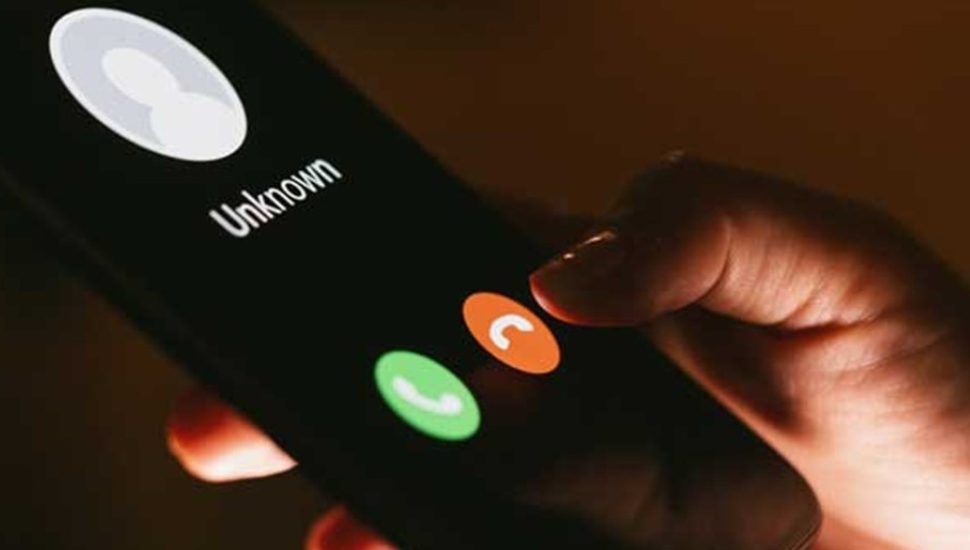C&N Offers Tips to Help Eliminate the $2.9 Billion Older Americans Lose Each Year to Fraud


C&N is partnering with the ABA (American Bankers Association) Foundation’s Safe Banking for Seniors campaign in a nationwide effort to help older customers and their financial caregivers understand the current scams and how to protect themselves and their loved ones.
Throughout May, which is Older Americans Month, C&N will share articles and tips to help eliminate the almost $2.9 billion that older Americans lose each year to fraud.
Times of crisis leave the elderly more vulnerable to scams, and coronavirus scams are becoming more ingenious every day. Here are a few of the current scams targeting older Americans:
- Phishing and supply scams. Scammers impersonate health organizations and businesses to gather personal and financial information or sell fake test kits, supplies, vaccines or cures for COVID-19.
- Stimulus check or economic relief scams. The government is preparing to ease the economic impact of the virus by sending money by check or direct deposit. However, the government will NOT ask for a fee to receive the funds, nor will they ask for your personal or account information.
- Charity scams. Fraudsters seek donations for illegitimate or non-existent organizations.
- Delivery of malware. Often through “virus-tracking apps” or sensationalized news reports.
- Provider scams. Scammers impersonate doctors and hospital staff, claim to have treated a relative or friend of the intended victim for COVID-19 and demand payment for treatment.
- Bank/FDIC scams. Scammers impersonate FDIC or bank employees and falsely claim that banks are limiting access to deposits or that there are security issues with bank deposits.
- Investment scams often styled as “research reports.” Fraudsters claim that products or services of publicly traded companies can prevent, detect, or cure COVID-19.
10 Tips for Seniors
1. Watch out for phishing scams. Phishing scams use fraudulent emails, texts, phone calls and websites to trick users into disclosing private account or login information. Do not click on links or open any attachments or pop-up screens from sources you are not familiar with, and NEVER give your password, account number or PIN to anyone.
2. Ignore offers for a COVID-19 vaccine, cure, or treatment. Any medical breakthrough will not be first reported through unsolicited emails or online ads.
3. Rely on official sources for the most up-to-date information on COVID-19. Visit the websites from the Centers for Disease Control and Prevention and your state’s health department to keep track of the latest developments.
4. Remember that the safest place for your money is in the bank. It’s physically secure and it’s federally insured. When you deposit your money at a bank, you get the comfort of knowing that your funds are secure and insured by the government. You don’t have the same level of protection when your money is outside the banking system.
5. Do some research before making a donation. Be wary of any business, charity, or individual requesting COVID-19-related payments or donations in cash, by wire transfer, gift card, or through the mail.
6. Keep your computers and mobile devices up to date. Using the latest security software, web browser and operating system is the best defense against viruses, malware, and other online threats. Turn on automatic updates so you receive the newest fixes as they become available.
7. Recognize and avoid bogus website links. Cyber criminals embed malicious links to download malware onto devices or route users to bogus websites. Hover over suspicious links to view the actual URL where you will be routed. Fraudulent links are often disguised by simple changes in the URL. For example: www.ABC-Bank.com vs. ABC_Bank.com.
8. Change your security settings to enable multi-factor authentication for accounts that support it. Multi-factor authentication — or MFA — is a second step to verify who you are, such as a text with a code.
9. Before you make any investments, remember the high potential for fraud right now. You should be wary of any company claiming the ability to prevent, detect, or cure coronavirus. For information on how to avoid investment fraud, visit the website of the Securities and Exchange Commission.
10. Help others by reporting coronavirus scams. Visit the FBI’s Internet Crime Complaint Center at ic3.gov to report suspected or confirmed scams. You can also stay up to date on the latest scams by visiting the FTC’s coronavirus page at ftc.gov/coronavirus.
Remember
Never give your Social Security number, account numbers, or other personal financial information over the phone unless you initiated the call.
As your local community bank, C&N is always here to help you and protect you and your loved ones. Learn more about C&N.
Connect With Your Community
Subscribe for stories that matter!
"*" indicates required fields





























